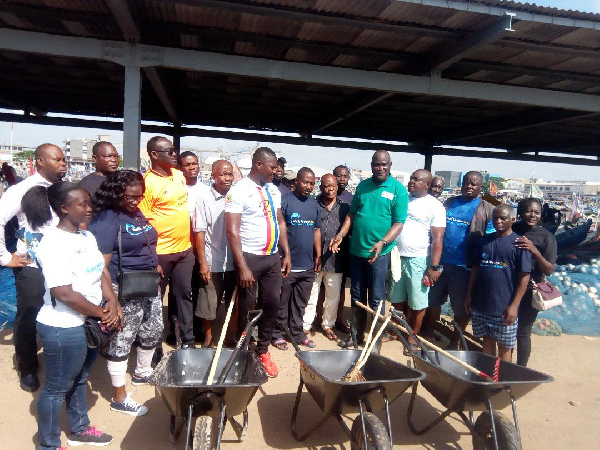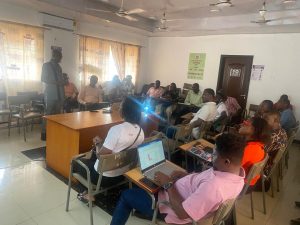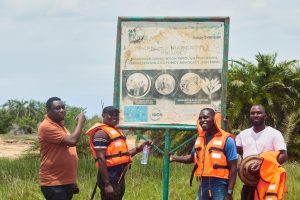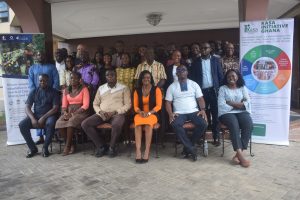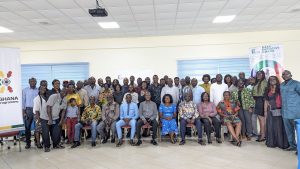Mr John Pwamang, the Acting Executive Director of the Environmental Protection Agency (EPA) says the country cannot put a total ban on plastics due to the large number of plastic industries in the country.
“If you look at the kind of manufacturing system we have in Ghana and the number of people that are employed, it’s not practicable to be banned outright but something can be done to ban certain uses that creates the maximum waste”.
Mr Pwamang was speaking at a sensitization cleanup exercise held in Tema Fishing Harbour as part of the activities by the EPA to mark the 2019 World Oceans Day on Saturday on the theme; “Gender and the Ocean”.
The Acting Executive Director said, they focused mainly on plastics this year because it was the major issue that affects fishing business and the government was putting good measures in place to limit the use of plastics.
Mr Pwamang said EPA was targeting to stop the use of carrier bags in order to reduce the plastic waste in the ocean.
“The carrier bags are what we are going to target because carrier bags may be something that is very strong and can be used for long time but what we are having here are very light and we think that if we are able to stop the use of this carrier bags it can reduce our plastic load”, he said.
He said EPA has received a proposal from the Ghana Tourism Authority to do Marine drive behind the independence square area to make it beautiful and attract tourists.
Mr Pwamang added that, going forward, EPA would make sure that the Chemu Lagoon would not bring waste load into the ocean and would put out some sieves to prevent the plastics from getting into the ocean and also sensitize the people not to dump plastics into lagoons.
Mrs Joana Frances Adda, Marketing and Public Affairs Manager of Tema Fishing Harbour said, they were not happy about the presence of plastics in the sea because of the effects on the fishes.
She added that, research from the EPA and Fisheries indicated that some of the fishes swallowed the plastics in the sea, which was not good for human consumption.
Mrs Joana said, it was one of their responsibilities to get the ocean cleaned and they are ready to assist the EPA to keep the oceans clean.
She urged the public to keep the oceans clean from plastic waste.
The EPA donated five wheel barrows, 10 rakes, 20 shovels and 10 brooms to the Tema Fishing Harbour.
Source: Newsghana

